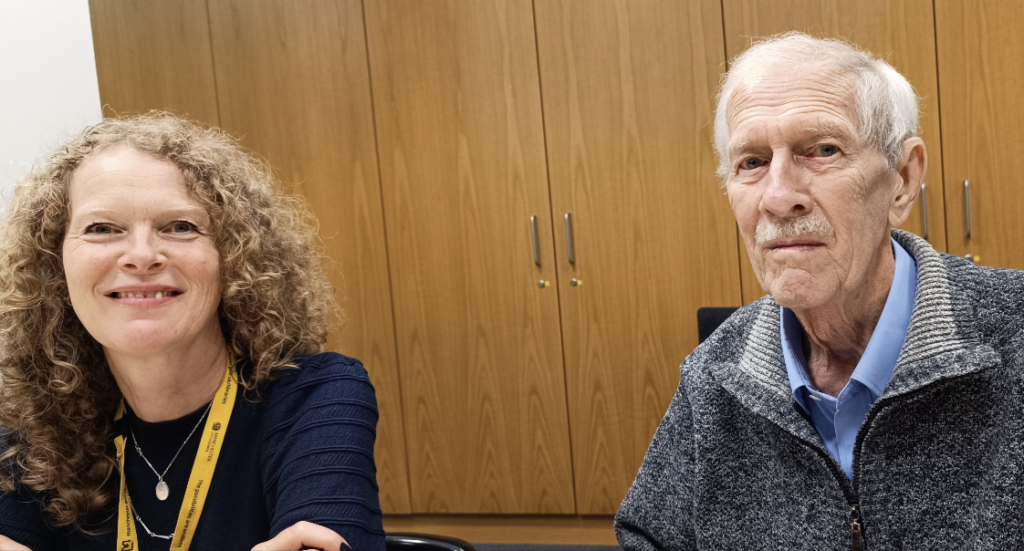
As part of the Allfm.org Gorton Tank Project, this interview with Kenneth Hague and his daughter Janine Hague was recorded on September 26th at the Manchester Central Library.
As you will hear, Kenneth Hague was born in 1941 and so was too young to have a career at Gorton Tank. However, here he recalls the memories of his father, Robert Edwin Hague (Jr.), born in 1909, and his Grandfather, Robert Edwin Hague (Sr), born in 1883. Both of whom worked at Gorton Tank.

You can listen here on this website. Scroll to the bottom. Alternatively, click the three vertical dots to see the download option. Once downloaded – listen whenever and wherever you want.
Gorton Locomotive Works, or Gorton Tank, was a huge railway plant covering many acres in East Manchester. It was located around where the New Smithfield market is today. It opened in 1848 to build and maintain railway stock and closed in 1966. During its time, it must have been the primary employer in the area, shaped the local landscape and the environment. Its products – steam engines, carriages, cranes, junction control systems and later diesel engines would have been used across Britain but also in far-flung regions of the Empire.
In this recording, Ken recalls his childhood memories of Ashton-under-Lyne and Hurst. Hurst, or Coldhurst, is an area of Oldham. His many fascinating memories include:
- His grandfather helping his father find work at Gorton Tank. The interwar period was a difficult time. There was high unemployment in the shadow of the 1926 General Strike in Britain, the global impact of the 1929 Wall Street Crash, and the decade-long recession that followed. Ken’s father was made redundant from Hurst cotton mill. Ken’s grandfather used his connections with Gorton Tank and got his son (Ken’s father) a job in Gorton Tank around the mid-1930s.
- His father worked nights at Gorton Tank. Since it was a critical element of the national infrastructure, Gorton Tank operated day and night throughout WW2, and most of the employees, like Ken’s dad, were not sent to the front despite having completed the medical assessment. His job at Gorton Tanks was classified as a “Reserved Occupation.”
- Ken’s limited memory of Gorton Tank is mainly of its closure. The Writing was on the wall for Gorton Tank following the 1963 Beeching Report. Much of the railway infrastructure was earmarked for closure to save costs, which for Gorton Tank occurred in 1966. Ken recalls his one and only visit to Gorton Tank with his Dad for that final time.
- Ken recalls some of his father’s memories of working at Gorton Tank, including the night shifts, accidents at work, and work trips. You can see some pictures from around the mid 1930s of the Gorton Tank Works trip to Giant’s Causeway in Ireland. Ken also recalled his trips to Southport and the tradition of the Wakes weeks—a time when the factories shut down and all the workers went on holiday.
- He also recalls his first trip in a car. Christmas Eve 1944, aged 4, he travelled in a car to see the devastation of the V1 rocket attack on Abbey Hills Road in Oldham.
We conclude the interview by discussing Ken’s experience working at Ferranti Computer Systems Limited at Gem Mill in Chadderton. An industry that started in Lancashire about the time that Gorton Tank closed. He recalled his grandfather was the first in Hurst to make a crystal radio set in the early 1920s. That is when the BBC was founded, and radios became popular. His introduction to leading-edge technology as a boy led him to his career in specialising in “clean rooms” for manufacturing silicon chips at Gem Mill in Chadderton that helped develop Britains First Super Computer. His career took him to the USA, and on one occasion, close to the Canadian border, he got a car crossed the border and and returned to get a Canadian stamp on his passport.
Interestingly, he recalled a trip to Sheffield University to inspect a Clean Room in the early 1970s, during which he came face to face with a sample of Moon rock brought back by Apollo 11.
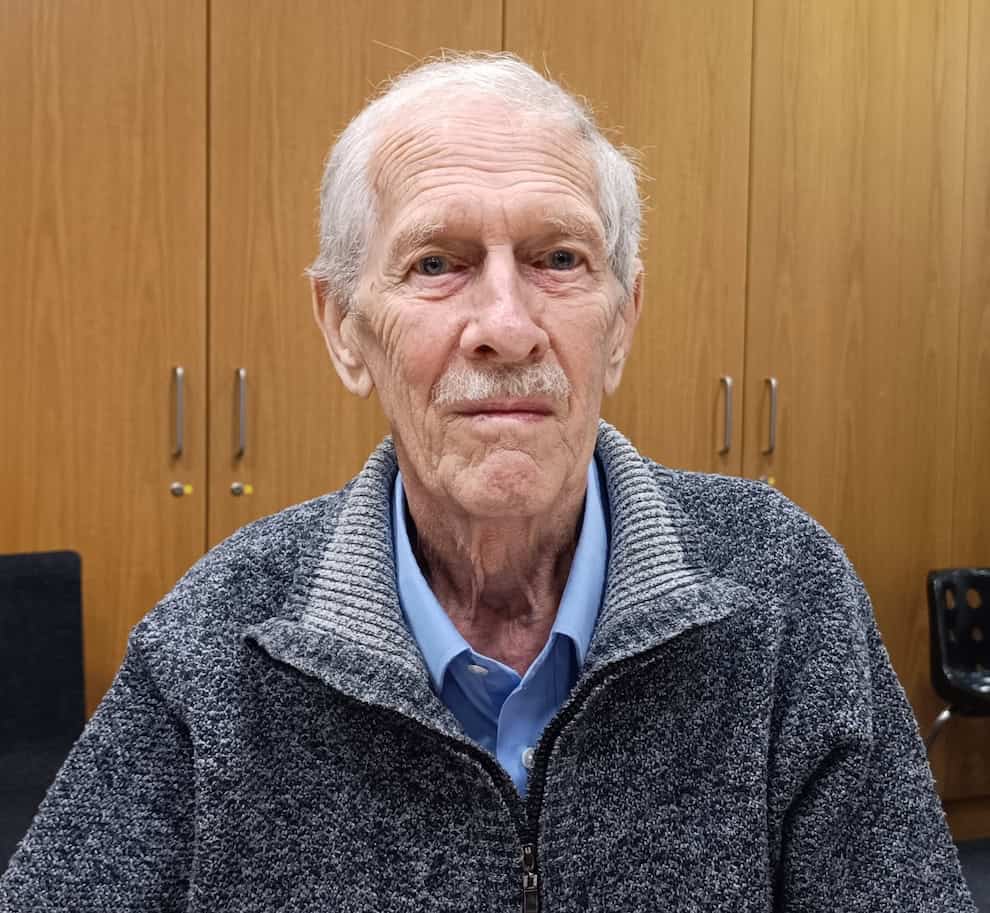
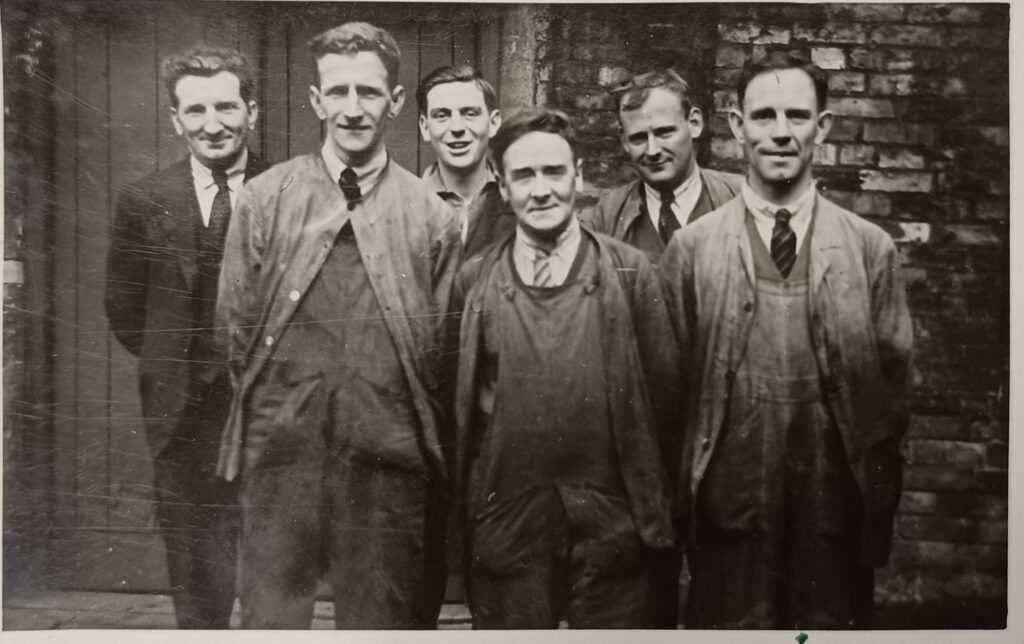
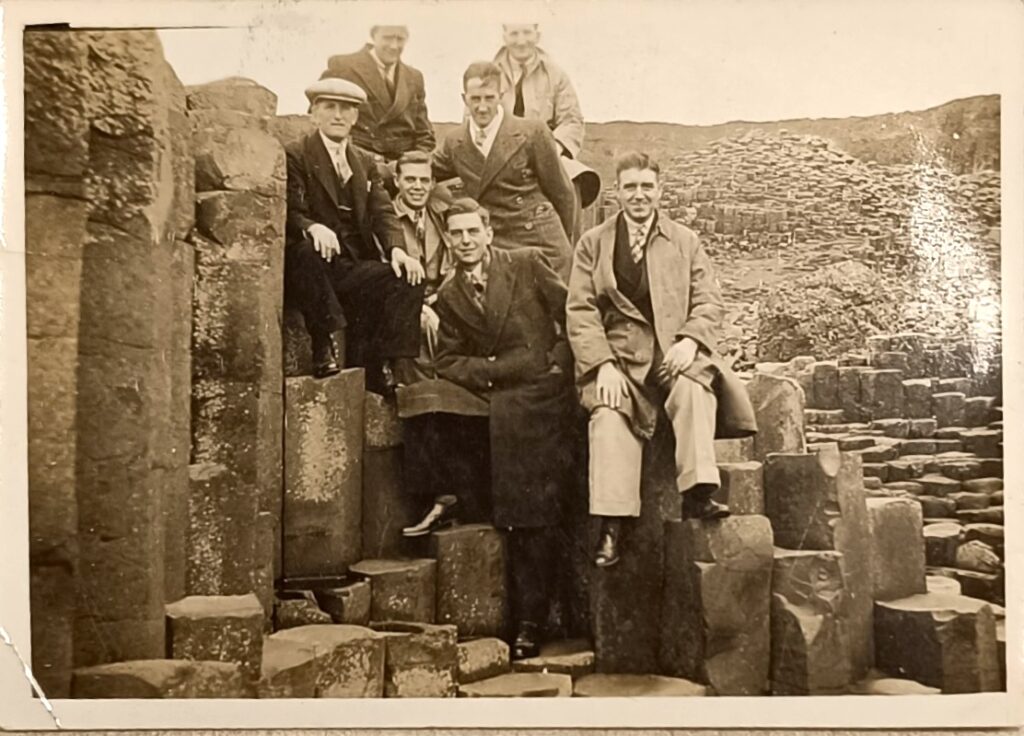
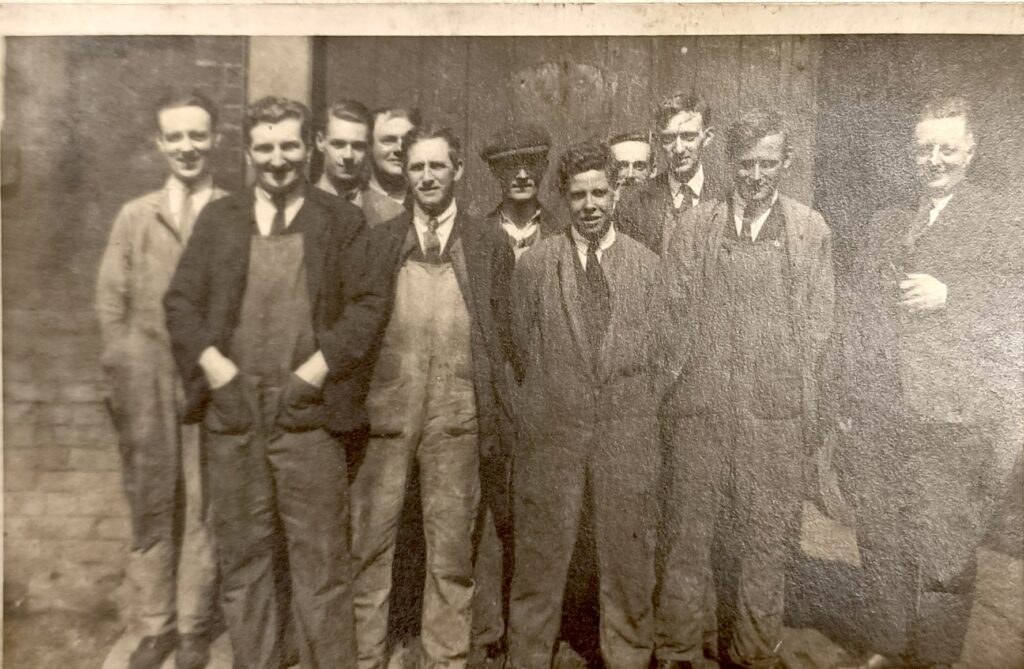
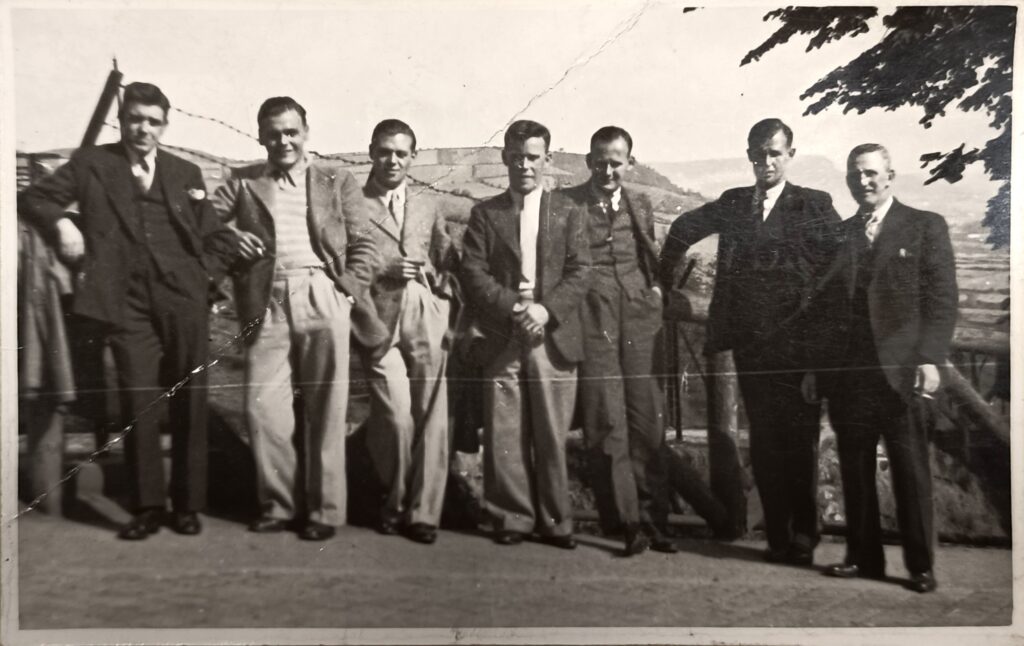
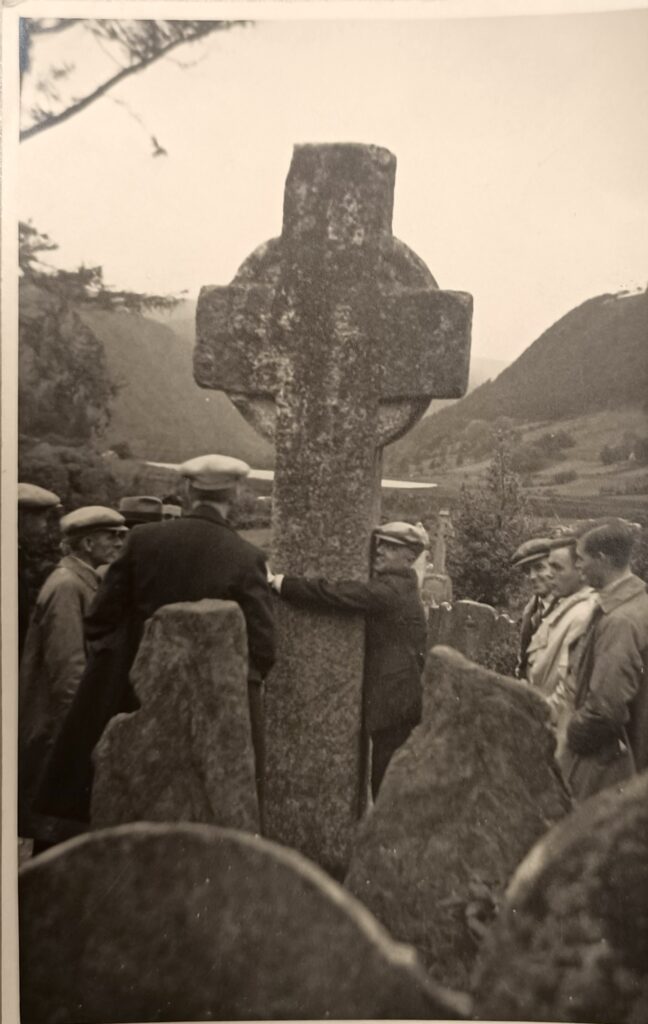
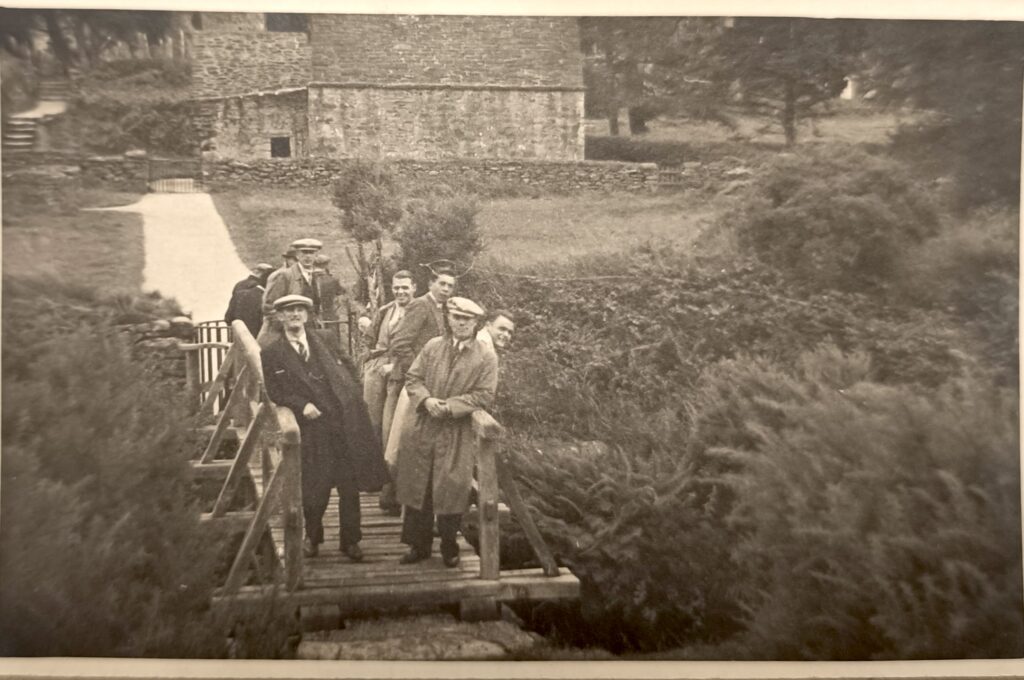
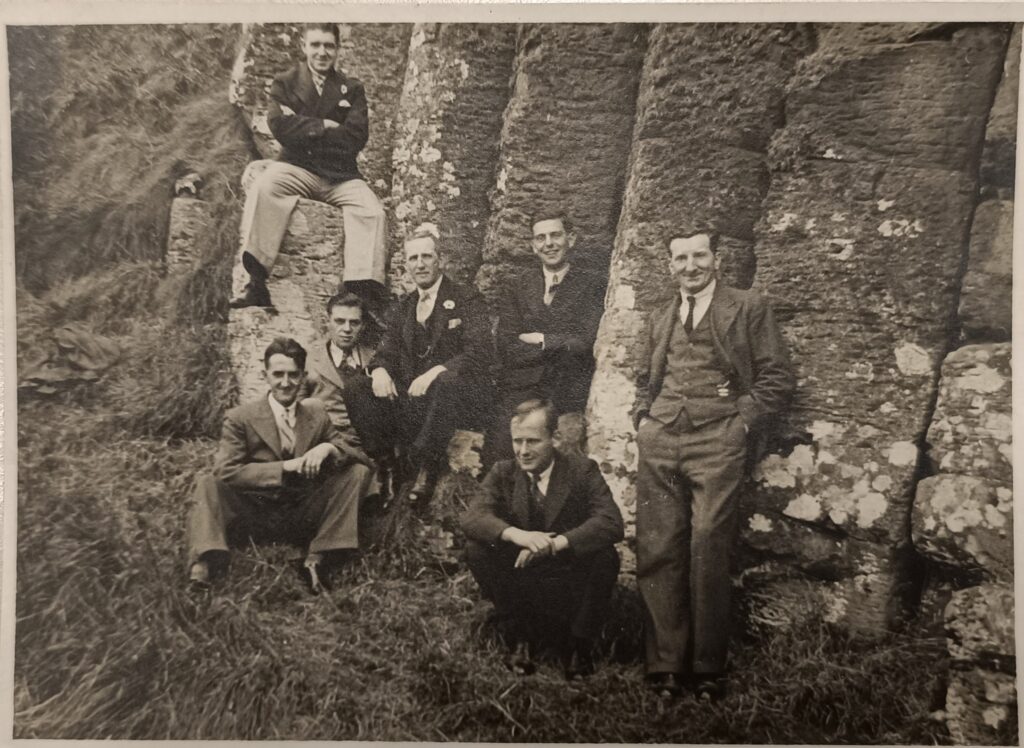
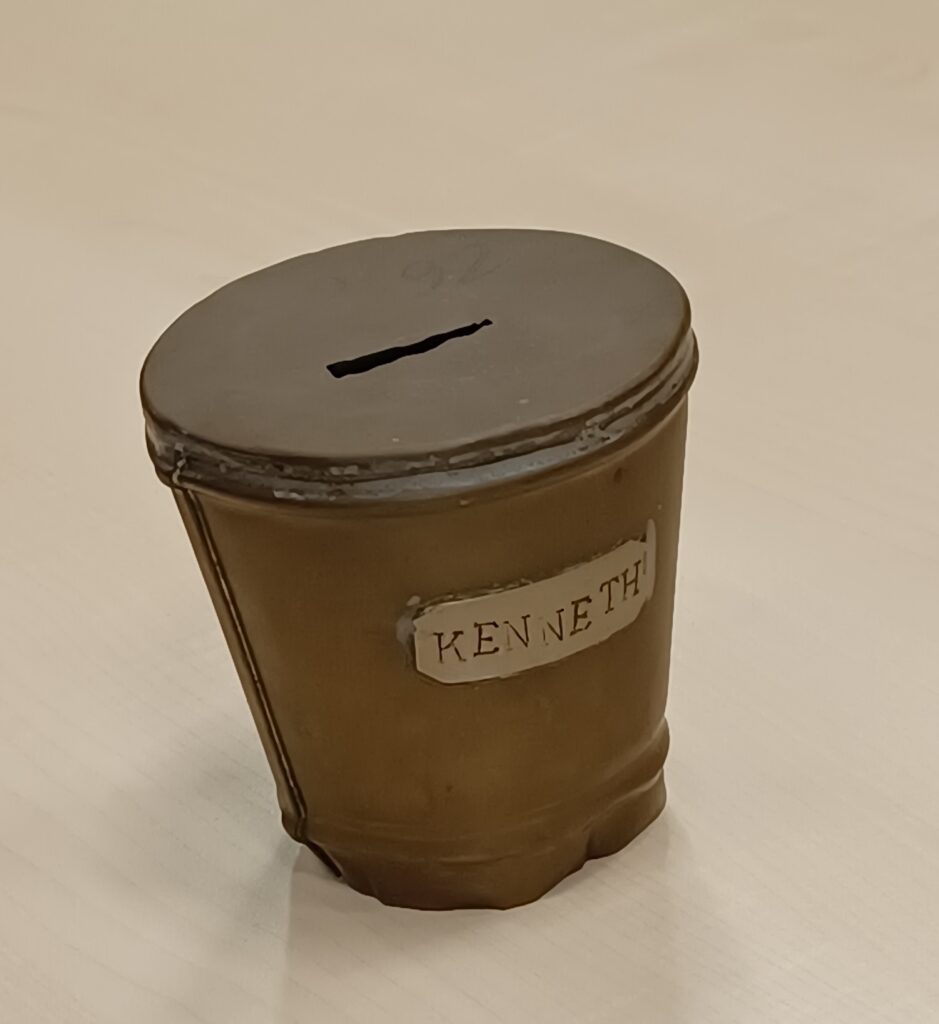
Leave a Reply